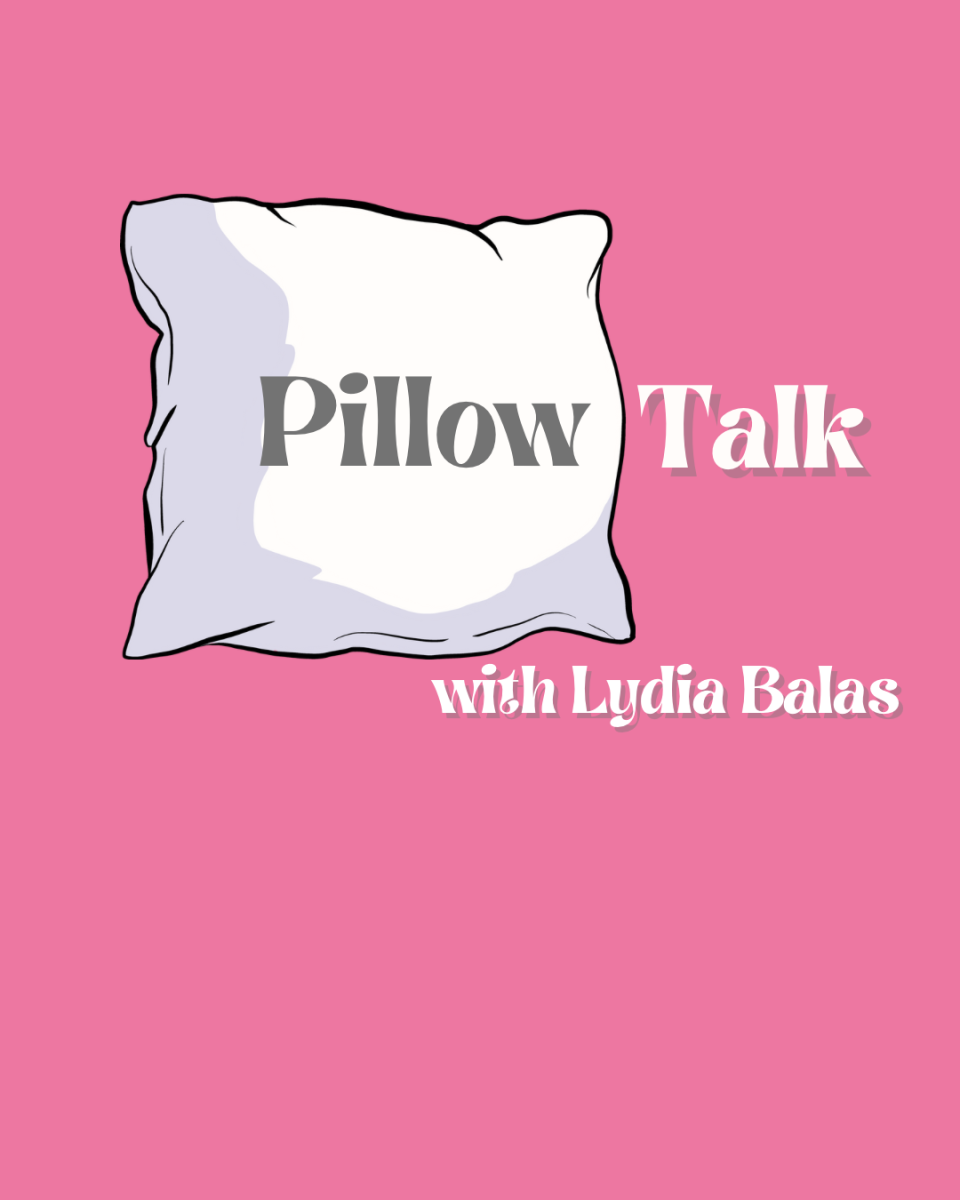Drinking coffee after breakfast yields better metabolic control

Image Courtesy of time.com
October 7, 2020
Coffee seems to be the primary motor than runs our busy lives. In the US about half of the people in the United States aged 18 and over drink coffee every day, whilst in the UK, according to the British Coffee Association, 80% of households buy instant coffee for in-home consumption. People everywhere drink it on the go, right when they wake up, and even go on dates solely based on it. Ever thought about what purpose it serves for us at the biochemical level? Researchers in the UK have looked into the effects that coffee has on our metabolism and blood sugar levels. These new findings reveal its effects on sleeping patterns and the overall function of our coffee-driven lives.
The data was gathered in the Centre for Nutrition, Exercise & Metabolism at the University of Bath (UK). The scientists show that whilst one night of poor sleep has limited impact on our metabolism, drinking coffee as a way to get your energy back up from a long night’s sleep can have a negative effect on blood glucose (sugar) control.
For their study, the physiologists at the University of Bath asked 29 healthy men and women to undergo three different overnight experiments in a random order:
In one, condition participants had a normal night’s sleep and were asked to consume a sugary drink on waking in the morning.
On another instance, participants experienced an interrupted night’s sleep (where the researchers woke them every hour for five minutes) and then upon waking were given the same sugary drink.
On another, participants experienced the same sleep disruption (i.e. being woken throughout the night) but this time were first given a strong black coffee 30 minutes before consuming the sugary drink.
In each of these tests, blood samples from the 29 participants were taken following the glucose drink which in energy content (calories) mirrored what might typically be consumed for breakfast.
Professor James Betts, Co-Director of the Centre for Nutrition, Exercise and Metabolism at the University of Bath who oversaw the work, stated: “We know that nearly half of us will wake in the morning and, before doing anything else, drink coffee — intuitively the more tired we feel, the stronger the coffee… our blood sugar control is impaired when the first thing our bodies come into contact with is coffee especially after a night of disrupted sleep”.
Betts also stated that there is a lot more to be learned about these detrimental effects that coffee has on our body. For the next cup o’ joe, hopefully we can all be aware of our blood sugar levels and carry on with our busy lives!









